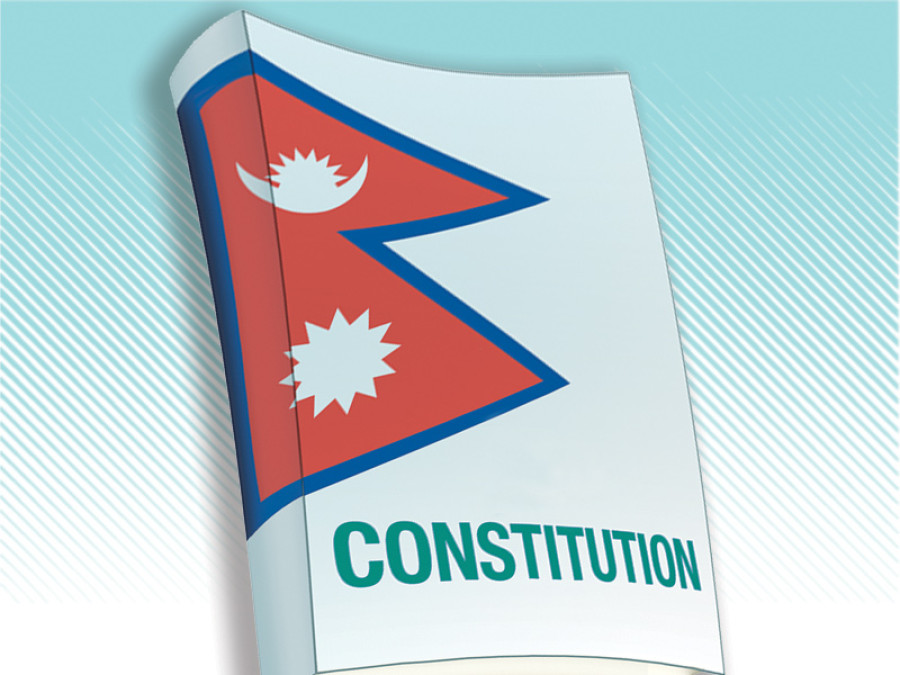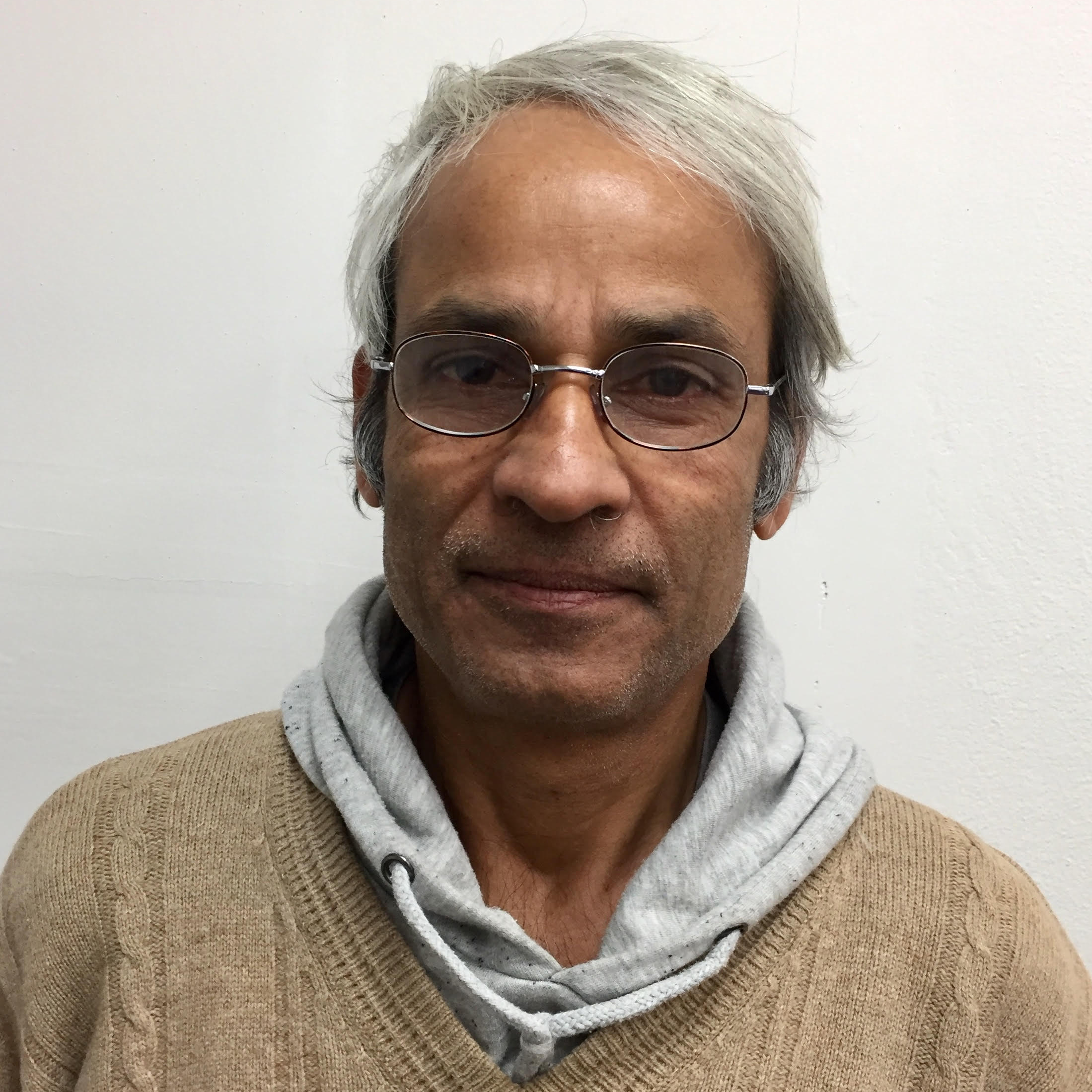Opinion
Have patience
It takes time to build inclusive social, economic and political institutions at the grassroots
Jagannath Adhikari
Nepal’s new constitution is a step forward in the political life of the country. Despite serious doubts on the Constituent Assembly’s (CA) ability to write a constitution, the political leadership remained committed to it and were finally able to achieve the goal. We all know that there are several problems with our political culture. For example, some argue that the CA members did not get to exercise their individual liberty while voting, and that only a few leaders, mostly from the so-called high castes, made the decisions which were then imposed on the CA. I agree with this analysis. This has been a part of our political culture where the patron-client relationship is still strong, and other institutions, including political parties, are not fully inclusive.
We also have to understand that it will take time to end such practices, and to build inclusive social, economic and political institutions at the grassroots, which can then influence institutions at the regional and national levels. Traditional practices, as well as neoliberal economic policies, have been obstructing the development of inclusive institutions. If we had waited for these individual and group practices and behaviour to change and stuck to true democratic norms, which is again hard to define, we would not have been able to promulgate a constitution for some decades to come. Despite these problems, this is a constitution written by a legitimate CA following a legitimate process. Therefore, I accept it.
Positive move
So, the worst thing we can do with respect to the constitution and political development is resort to hasty criticism labelling it as ‘less than perfect and, thus, unacceptable’. There is also another tendency, which is equally unhelpful, regarding political or any other reform in Nepal: setting unrealistically high expectations as if the country has to surpass all the European countries in terms of democratic norms, social inclusion, human rights and many other standards at this point in time. This is, of course, ideal. But I think it obstructs the development of a type of politics that could suit our socio-economic and cultural environment.
Take, for instance, the case of India. Scholars often say that its democracy is not a perfect democratic system. On the other hand, these scholars also accept the fact that this has been developed based on the learning in a particular context. As a result, they argue, the democratic system in India has been able to function despite the country’s diversity whereas Western democracy, in its true sense, would not have worked. So, through the learning process, India, in essence, has developed, and is developing its own model of democracy, which has been functioning relatively well. We should also give time to Nepal to learn and grow, and change according to its need. The present constitution has, at least, helped to institutionalise basic political foundations like a republican state, federalism, democracy and social inclusion. Furthermore, it has opened the possibility for these foundations to be further refined as per need. And these are positive developments.
With faults
That said, it is not as though there are no problems with the new constitution. The population in the Central and Western Tarai (Madhes) is not happy with the constitution. In these regions, political protests have going on for over a month, and some of the demos have been violent. Likewise, there is the issue of Nepali women not being able to pass on citizenship rights to their children. These topics should be post-constitution priority tasks. Many other issues will surely come to our attention once the constitution is implemented. Therefore, the endorsement of the present constitution should not be interpreted as a ‘victory’ for a certain group and a ‘defeat’ for other groups, but as a mutable product of a legitimate political process.
We saw that a broad coalition of political leaders and parties with different ideologies were instrumental in bringing this constitution. In fact, such coalitions have been important in Nepal to bring any major change in the political system. This happened in 1950 to bring down the Rana regime, in 1990 to institutionalise a multi-party democratic political system, and in 2006 for the Comprehensive Peace Agreement to end the decade-long Maoist conflict. Similar coalitions of political parties and civil leaders are important to resolve the remaining political problems, especially that of the Tarai-Madhes. The best way to bring change to the constitution, if required, is peaceful political action and constant dialogue between the government and the dissenting political parties or groups.
Confusing demands
There is also a tendency to formulate abstract political agendas. The leaders of major parties, for instance, claim that almost all the political demands of the Madhes-based parties have been fulfilled, and that they are included in the constitution except for the demarcation of the states. This is what Prachanda and other leaders said in the CA and at the mass rally held to welcome the constitution. On the other hand, the dissenting parties claim that their agendas have been totally ignored. So, the general population are confused as to which demands have been fulfilled and those that remain to be addressed. Furthermore, many political leaders seem intent on being ambiguous to create confusion and prolong the statemate until their vested interests are fulfilled. Whatever the case may be, peaceful political action is always desirable to violent action or war. Change brought by peaceful means is long lasting. The decade-long Maoist conflict has taught us that it is easy to start a war but very difficult to end it.




 25.96°C Kathmandu
25.96°C Kathmandu




.jpg&w=200&height=120)





